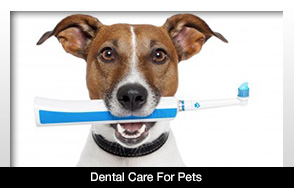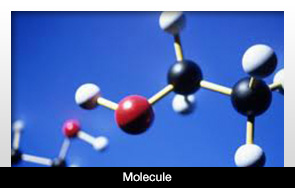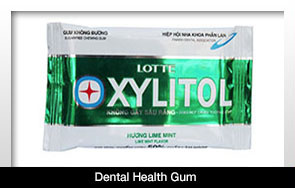Written by Dentistry TodayTuesday, 10 July 2012 15:27

The most common problem for pets is something the average pet owner would not suspect. But dental problems impact about three quarters of pets by the time they’re 4 years old.
The problems that develop can be considered similar to the problems that humans develop after leaving their teeth untreated.
When a pet’s breath smells poorly, it’s not just something that comes with the territory for pet owners. It generally signals some of kind of dental problem for your cat or dog. A smaller appetite, discolored teeth and the possibility of bleeding gums likely signify a dental problem as well.
Professional teeth cleanings by a veterinarian are the best way to prevent these problems from occurring.
There are also several ways for the pet owner to maintain their pet’s oral health at an acceptable level. Brushing your pet’s teeth is a key and can be done by using a soft-bristle brush and designated pet toothpaste. Rawhide chews and rubber chew toys serve as a method to remove plaque from dogs’ teeth. There are also specific foods and treats designed with your pet’s oral health in mind.

